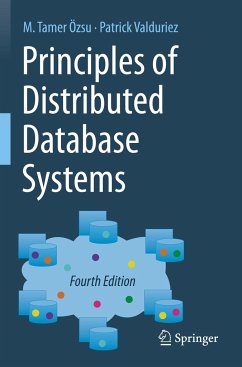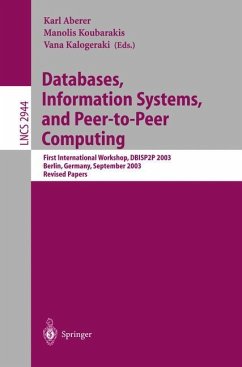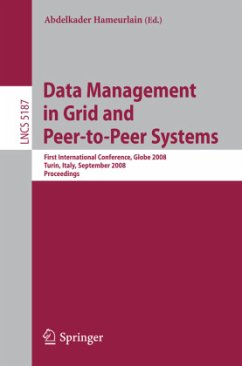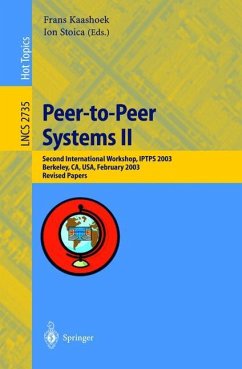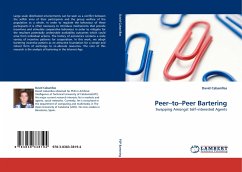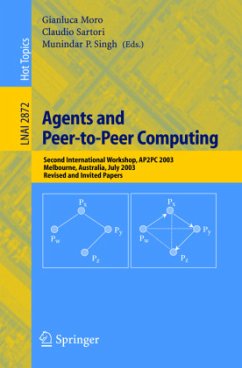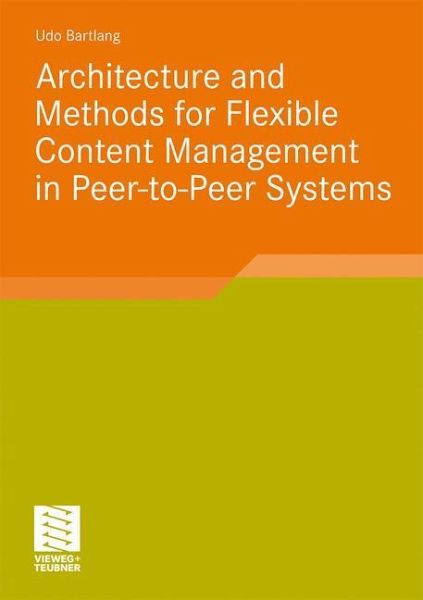
Architecture and Methods for Flexible Content Management in Peer-to-Peer Systems

PAYBACK Punkte
0 °P sammeln!
The operation of dedicated content repositories is a change in perspective of content lifecycle management: their application largely promises both technical and financial benefits. Today, centrally managed static client-server architectures are the prevailing design approach for content repositories. Systems built according to this paradigm, however, inherently lack flexibility regarding the support of different content models and functional properties (e.g., dynamic reconfiguration) as well as non-functional aspects (e.g., scalability). Udo Bartlang investigates the applicability of a decent...
The operation of dedicated content repositories is a change in perspective of content lifecycle management: their application largely promises both technical and financial benefits. Today, centrally managed static client-server architectures are the prevailing design approach for content repositories. Systems built according to this paradigm, however, inherently lack flexibility regarding the support of different content models and functional properties (e.g., dynamic reconfiguration) as well as non-functional aspects (e.g., scalability).
Udo Bartlang investigates the applicability of a decentralised approach based on the peer-to-peer architecture paradigm to overcome such drawbacks. Considering the implementation of content repository functions, he presents an architecture and methods to enable flexible content management in peer-to-peer systems (e.g., given consistency issues with regard to concurrent data operations in a dynamically changing network environment): the introduced (generic) solutions narrow the trade-off between requirements of content repositories and inherent properties of peer-to-peer systems.
Udo Bartlang investigates the applicability of a decentralised approach based on the peer-to-peer architecture paradigm to overcome such drawbacks. Considering the implementation of content repository functions, he presents an architecture and methods to enable flexible content management in peer-to-peer systems (e.g., given consistency issues with regard to concurrent data operations in a dynamically changing network environment): the introduced (generic) solutions narrow the trade-off between requirements of content repositories and inherent properties of peer-to-peer systems.





